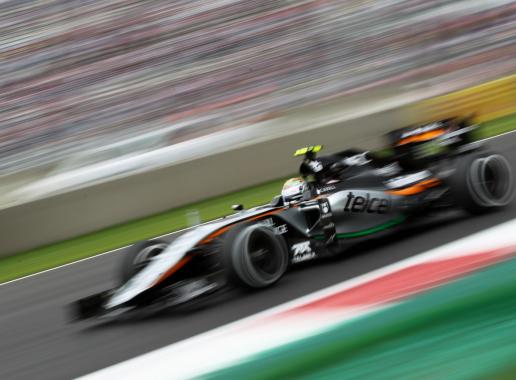Permit procedure IenW
The permit procedure at the Ministry of IenW takes a maximum of 120 days. The permit is effective after a maximum of 120 days. In addition, there is a simplified and shortened procedure for specific categories of GMOs of up to 56 days. If a number of additional conditions are met, a maximum of 28 days applies.
For gene therapy research, a permit application must be submitted to the Ministry of Infrastructure and Water Management (IenW, c/o GMO Genetically Modified Organism Office). When submitting a permit application to the GMO Office, applicants must realise that the scope of a permit is in the first instance determined by the ‘breadth’ of the application. Efforts will be made to draw up the final decision in such a way that, if applicable, multiple clinical protocols can be executed under the permit. The information provided in the application will be used for this purpose. Before submitting such a broader permit application, it is advisable to contact the GMO Office for an informal discussion on the possibilities.
There are different permit procedures for new applications.
A simplified procedure of up to 56 days for specific categories of GMOs. Currently, 4 categories are eligible for this simplified procedure:
- genetically modified viral vectors derived from Adeno-associated dependoparvovirus A or B (AAV) without harmful sequences;
- human cells genetically modified with viral vectors derived from murine gamma retroviruses or human immunodeficiency virus (HIV), provided there is no risk of replication competent virus formation and where residual infectious retroviral or lentiviral particles are absent in the final product;
- human cells genetically modified with viral vectors derived from human immunodeficiency virus 1 and pseudotyped with Vesicular stomatitis virus glycoprotein (VSV-G), where there is no risk of replication-competent virus formation and where residual infectious SIN lentiviral particles may be present in the medical product;
- human cells genetically modified with viral vectors derived from Adeno-associated dependoparvovirus A or B without deleterious sequences.
For this procedure, standardized environmental risk assessment is applicable as well as fixed conditions that are laid down by law in the GMO (Genetically Modified Organism ) Regulation 2013. For this reason a full public consultation procedure as applies to the regular permit procedure is no longer necessary. This results in a shorter procedural period a a maximum of 56 days. If the application meets a number of additional criteria, the maximum term can be further shortened to a maximum of 28 days.
All other (categories of) GMOs that do not meet these requirements the standard procedure with a maximum term of 120 days applies.
In case of applications for multicenter studies each legal entity is required to apply for a permit. If such applications from separate legal entities are not submitted simultaneously, but sequentially, they will be processed more quickly provided the intended activtiies are described exactly identical as the initial main application. The permit procedure for copy applications has been shortened to a maximum of 28 days.
Finally special procedural aspects may apply in case of studies with medical products that consist of plasmids or so-called 'naked DNA'.


